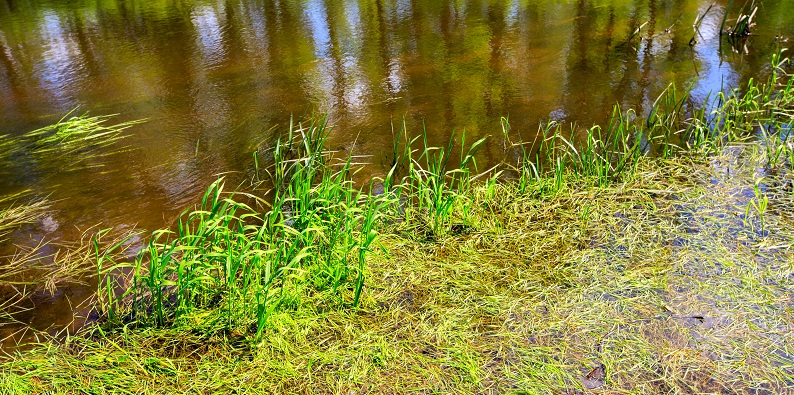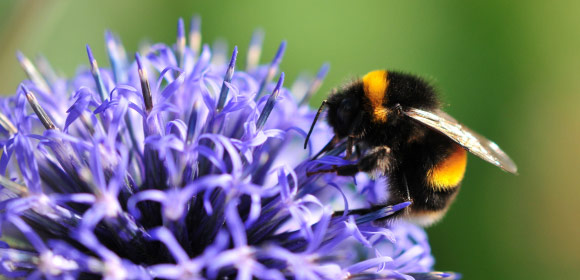E-FLOWS: The Edge-of-Field Waterbody Safety Assessment Facility
The First Fully Flow-through Field Scale Mesocosm
- Higher Tier Study Guidance in the 2013 EFSA ‘Guidance on Tiered Risk Assessment for Plant Protection Products for Aquatic Organisms in Edge- of- Field Surface Waters’
- Common problems arising and issues encountered to date in higher tier (mesocosm) aquatic studies
- Delivering the Future; the design of a new field scale fully flow through aquatic mesocosm at the Crop Health and Protection Centre (CHAP)

CHAPs Edge-of-field Waterbody Safety Assessment Facility (E-Flows), supported by Innovate UK and developed, designed, managed & operated by Fera is to be a state of the art mesocosm providing a realistic test bed for higher tier regulatory risk assessment. The E-Flows mesocosm will be the first fully flow-through mesocosm exposure facility in Europe giving access to multiple fully flow-through streams at a field scale, which can safely receive compounds at the rates predicted to occur in the environment by models. The mesocosm will have the capability to perform controlled pulse doses for accurate realistic-to-worst-case exposures. It will have sufficient replication to reduce variation and produce reportable data against minimum detectable differences for statistical robustness and will be continuously supplied with high grade ground water, set in a high diversity wetland to ensure sufficient diversity and allow eco-recovery.
What is Crop Health and Protection (CHAP)?
CHAP is one of four Centres for Agricultural Innovation and a key component of the government’s Agri-Tech Strategy.
The simple fact is that climate change and a range of other factors including anticipated population growth and the degradation of ecosystems is making it increasingly difficult to meet the global demand for food in a sustainable way. To feed the growing world population, we must rely on increasing our crop yields. In turn, this will mean we need to make significant progress in both fundamental and applied science of plants, microbes and soils and including protection from economically damaging pests, pathogens & weeds.
Our agrochemical experts are available to discuss all manner of agrochemical issues, as well as issues across the overall agri-food chain
We also attended the event back in 2016

Ainsley Jones, Fera spoke on 'Poisoning of bees by agrochemicals: evidence from monitoring in England and Wales' at the Nice Acropolis, Nice in September 2016. Issues including bee poisoning investigations, the trends of bee poisoning cases, & how the ever changing regulatory landscape affects our efforts were discussed in detail, with key learnings explained and evaluated.
Our current bee testing capabilities are outlined here and with over 25 years of experience running GLP complaint bee studies, we are a global leader in beetoxicity testing.
We are co-located with the National Bee Unit giving us unrivalled instant access to over 150 colonies of honey bees. Our bee Ecotoxicologists are at forefront of bee toxicity testing and active participants within many working groups including ICPPR




